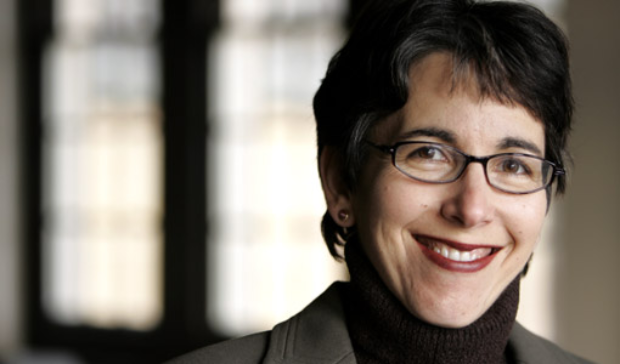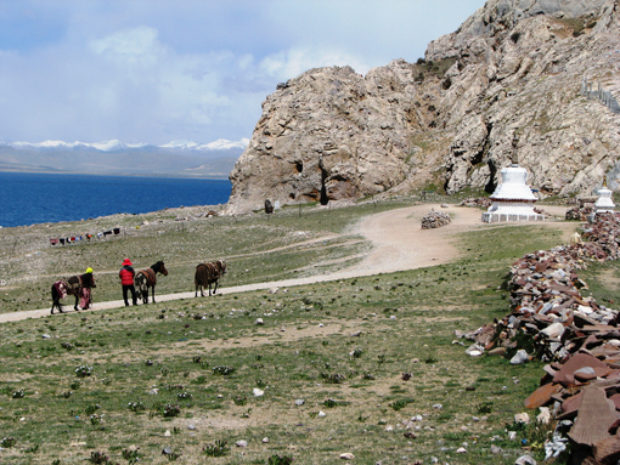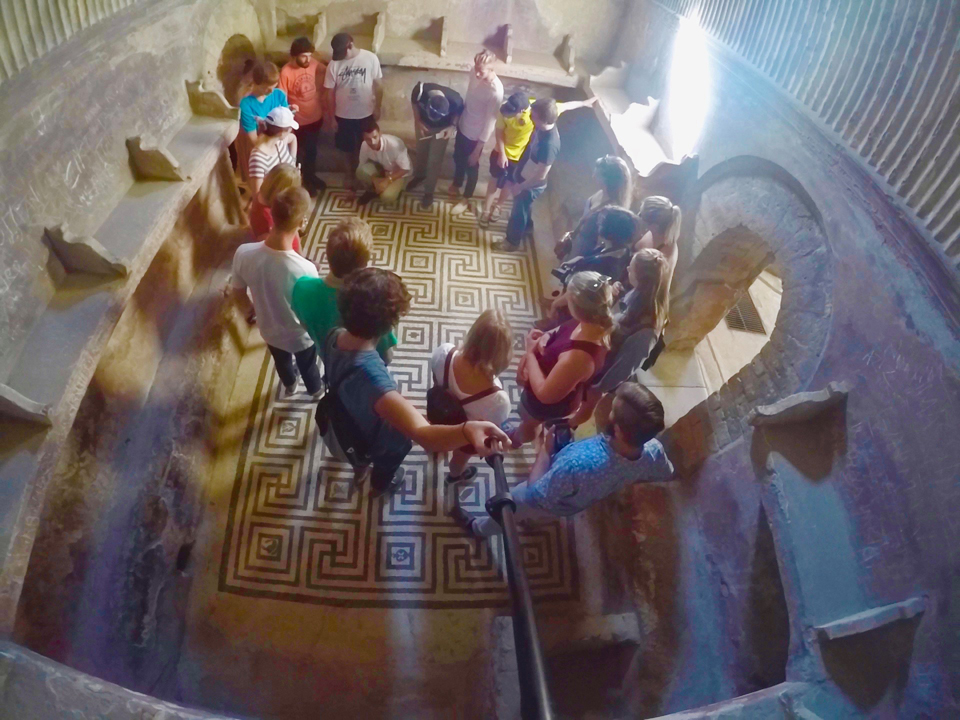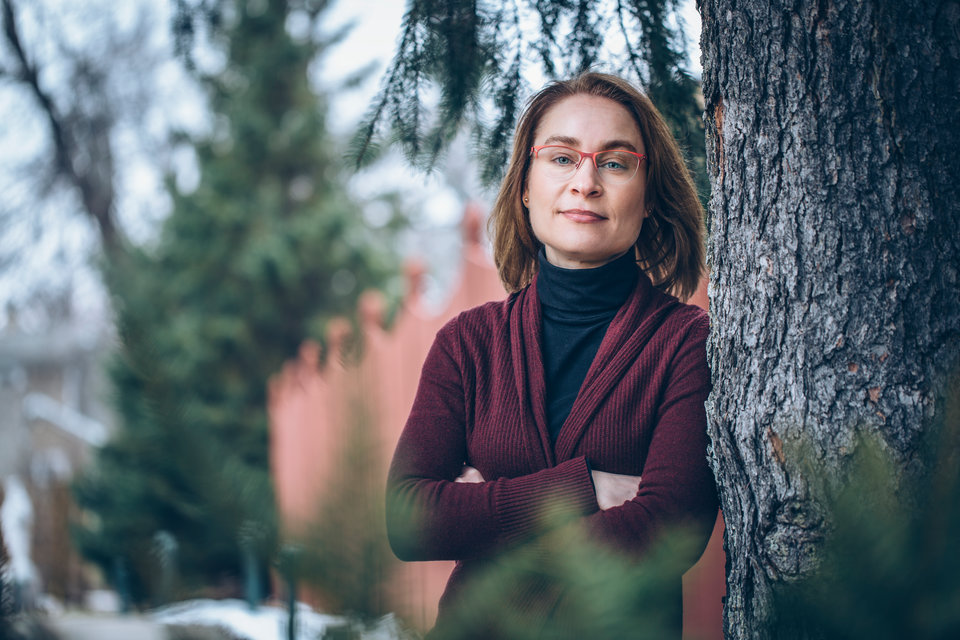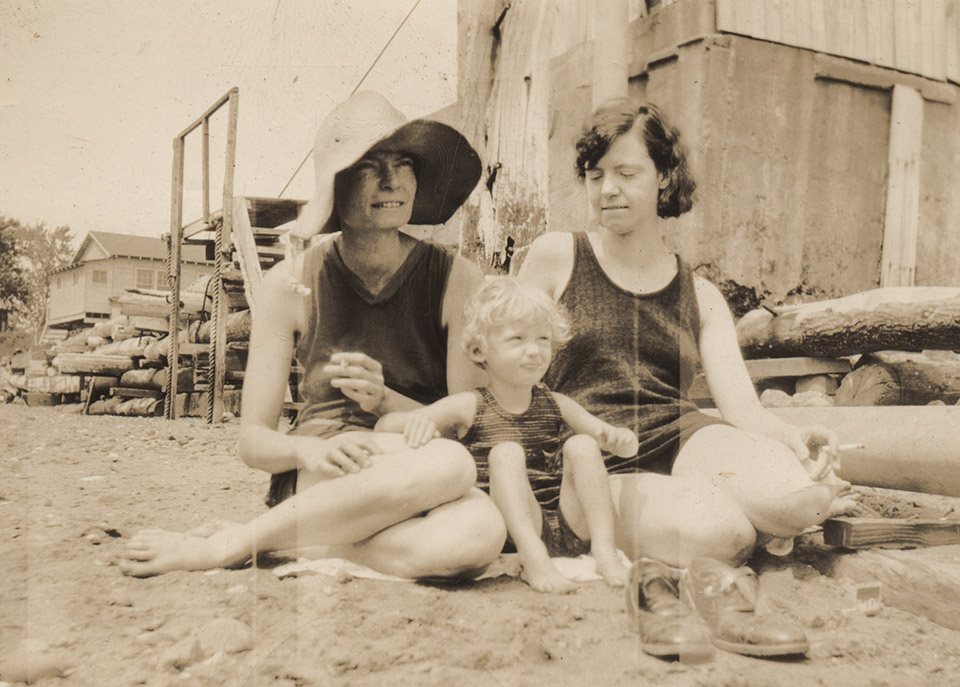I am often heard saying that the College of Arts and Sciences is the liberal arts heart of the University of St. Thomas. Such a conception of ourselves is reflective of the history of the university, of our curriculum, our co-curricular activities and the commitments and passions of our faculty and students.It would be a mistake, however, to believe that our liberal arts commitment is a commitment to a curriculum that remains static. A liberal arts education is not merely a collection of specific disciplines (though disciplinary and interdisciplinary learning are essential to it), but rather the pursuit of a broad education, where students learn to think critically, to communicate effectively, and to explore and develop themselves, their minds, their artistic sensibilities, and at St. Thomas, their faith. While some fundamental disciplinary elements of a liberal arts education remain central to our work, we also need to recognize that a liberal arts curriculum must sometimes change or evolve in order to take into consideration new knowledge or new challenges. Environmental sustainability was not a common theme or set of courses in liberal arts institutions of decades ago, but it is critical that today it be a part of our curricular and co-curricular offerings. I am pleased, but not surprised, to say that our faculty have recognized this and are working in various ways to infuse environmental themes into their courses and their scholarship.
Of course, we have two established majors that specifically focus on environmental issues: Environmental Science and Environmental Studies. These themes also are critical to other majors in the natural sciences such as geology, chemistry and biology. But we are moving beyond these areas and working to infuse sustainability into the curriculum much more broadly. For example, faculty members Elise Amel and Britain Scott are becoming leaders in the scholarship and teaching of Conservation Psychology. Art historian and Asmat Museum director Julie Risser is developing a course unit that will engage St. Thomas students in an environmental issues writing project with middle- and high-school students in the Asmat region of Indonesia. Mike Klein, a faculty member in our interdisciplinary Justice and Peace Studies Program, is creating a new community-based learning unit for students that will compare the environmental and social impact of fair-trade versus conventional trade coffee. A faculty member in the English Department, Young-Ok An is developing a new course, Human Imagination, Nature and Future, which will focus on literature as a constructive medium of nature and nature as a shaping force of literature as social critique. I applaud all of these efforts and the many other examples that I have not specifically mentioned here.I am confident that the work to infuse environmental sustainability into our courses will continue to expand. This commitment to both the best ongoing curricular elements of a liberal arts education and an understanding that new curricular initiatives must be advanced, serves as the foundation for the College of Arts and Sciences and all that we do.
Read more from CAS Spotlight
